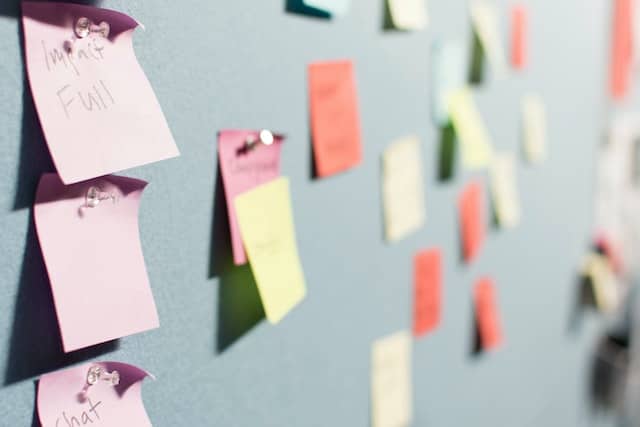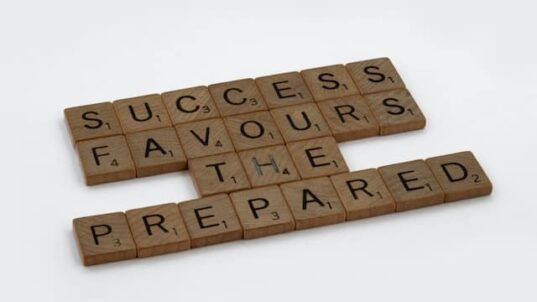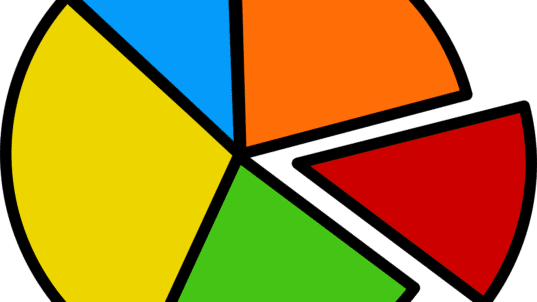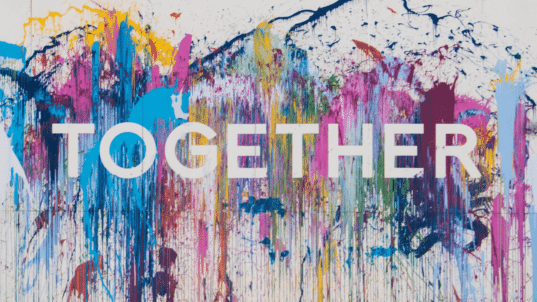Harvesting what we already know about collaborative experiences and empowering groups to create collaborative guidelines
Dear collaborative discussion friends,
Welcome to the Collaborative Discussion Project Newsletter. In our first newsletter, we highlighted two survey tools that can help you to create more adaptive discussion spaces. If you missed it, please subscribe and check out our first newsletter here.
This time we would like to highlight two foundational activities from the Introduction to Collaborative Discussion Module. These activities are contributed by Nick Longo, Professor of Global Studies and Community Service Studies at Providence College.
This week’s activities:
Activity 1.1 – What is Collaborative Learning?
Activity 1.3 – Anticipating Conflict and Forming Group Guidelines
Pair these activities to set the stage for collaborative discussion
Over the past two years, we have debriefed with over a dozen collaborative discussion coaches and they say the same thing: If you are going to introduce collaborative discussion skills, it is important to front load why they matter. These activities help to set the stage and prepare participants for thinking more deeply about the value of collaborative discussion. We recommend using these activities at the beginning of new classes, community workshops, working teams, or new certificate programs.
This activity harvests what participants already know about collaborative experiences. It begins with reflection on what constitutes a good collaborative experience. Participants collectively generate a list of positive collaborative attributes, traits, or characteristics. This list can be generated on a white board or an online Jamboard (click here for an example). Once participants generate a list of positive attributes based on their own experiences, they then generate another list of negative attributes or characteristics. By reflecting and sharing about their own experiences, groups can identify the factors that can contribute to collaborative discussion succeeding or failing.
In small groups, participants examine and rank their top positive and negative attributes that they associate with collaborative learning. The activity, like all of our activities, includes small group prompts and full group debriefing questions as well as additional readings and journal activities. The basic idea behind this activity is to prime participants to examine the components of collaborative learning based on their own experiences. This framing helps to set the stage for future activities designed to enhance many of the characteristics that they associate with positive collaborative experiences.
We recommend pairing this activity with another one from the introduction module. You will be able to help participants move from imagining a positive framework toward taking steps to implement it with their own guidelines.
Creating clear guidelines or ground rules can be helpful for any discussion experience. This activity empowers a group to create their own guidelines by building on the ideas they generated in the previous activity.
After reviewing the key positive and negative attributes of a collaborative experience, ask them to identify which negative aspects concern them the most for this particular group setting. Ask them to discuss which positive aspects could be most helpful for enhancing collaboration in this particular group setting. Guide the participants to create 3-5 guidelines that will serve as reminders for how participants will engage one another in this group. You can revisit these guidelines throughout your time together and revise as needed.
This activity includes suggestions and prompts for moving participants through this deliberative process. By pairing these activities together, you can set the stage for collaborative learning in less than 50 minutes!
If you try out these activities, please share with us what you think:
We hope these toolkit activities help you to create more collaborative discussion experiences in 2023! In our upcoming newsletters, we will be highlighting creative collaborative activities by Lori Britt and Don Waisanen that will ignite discussion as full length activities or as modified quick icebreakers.
Upcoming Events
- We are accepting applications for our next Collaborative Discussion Coach Training (May 31 – June 6). This training is open to anyone interested in offering certificate programs in the future. You can apply here or share this newsletter with people you think might be interested.
- We are also accepting nominations for our Pilot Coach Training for Undergraduate Students. Space will be limited. You can learn more or nominate a student by emailing me at [email protected]
Looking forward to collaborating with you this year,
Shannon Wheatley Hartman & the Collaborative Discussion Team






